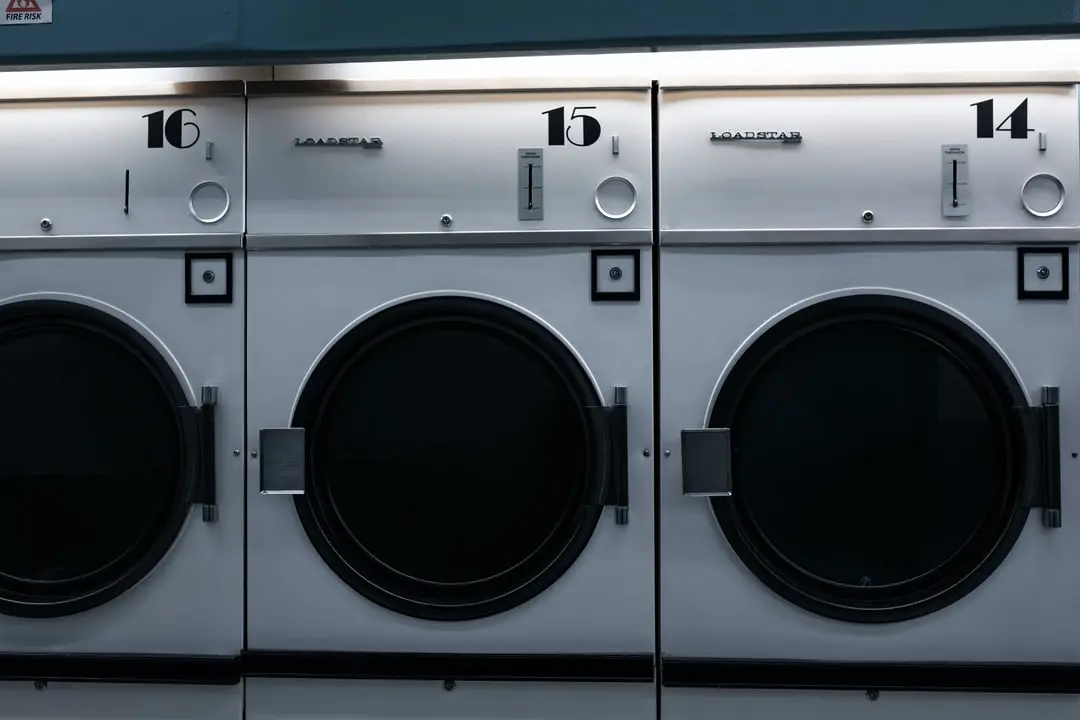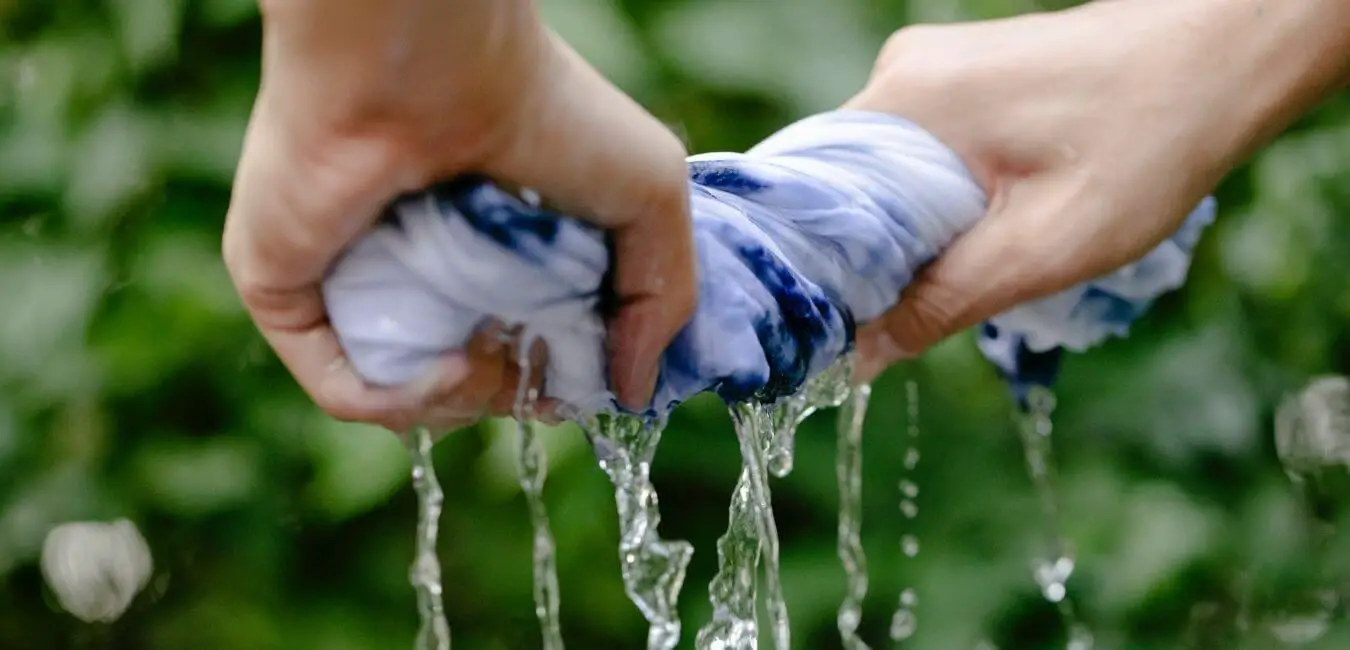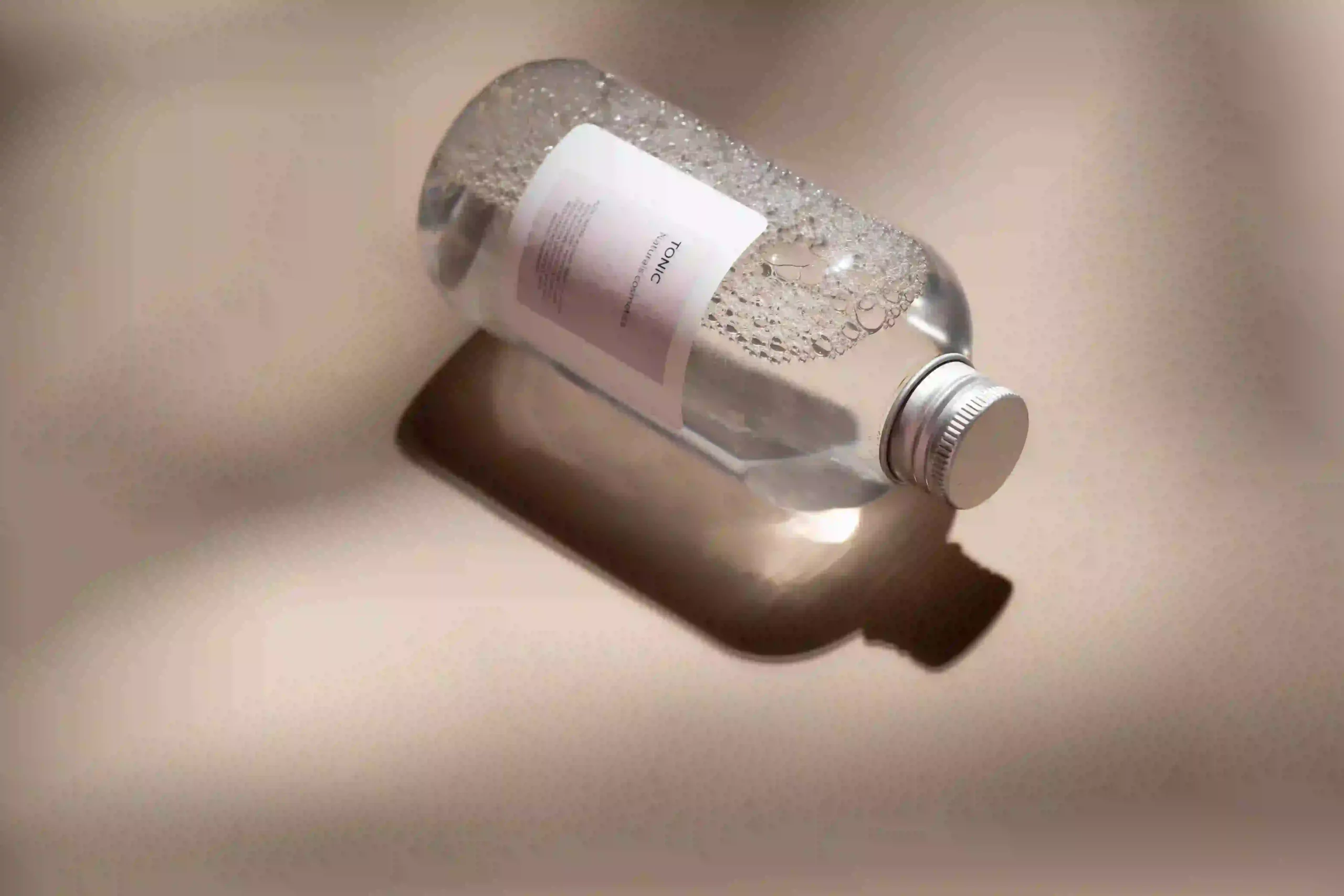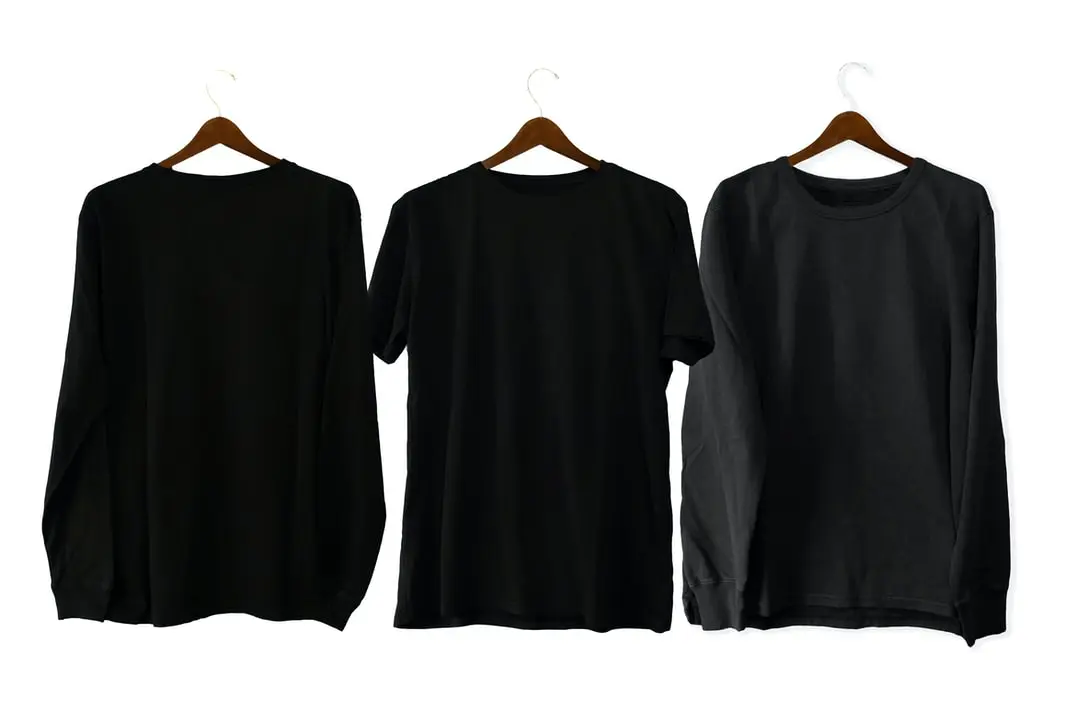The delicate cycle on your washing machine is designed to handle your most fragile fabrics with care. It uses a gentler wash cycle, a slower spin speed, and less agitation to help protect your clothes from damage.
But while delicate wash may seem like the go-to option for your most delicate items, many people wonder if it’s actually cleaning their clothes as well as a regular cycle.
In this blog, we explore the question of whether the delicate wash cycle actually cleans clothes, and provide some tips and tricks to help you get the most out of this feature on your washing machine.
1. What is the delicate wash cycle?
The delicate wash cycle is a setting in washing machines that is equivalent to handwashing.
It uses cold water and low agitation with a slow spin, making it the gentlest cleaning cycle that lasts between four to seven minutes.
This cycle protects delicate fabrics and garments with appliques or sequins from damage that may occur during a regular or heavy cycle. It is suitable for silk, wool, and synthetic garments.
Overall, the delicate wash cycle helps maintain the quality of delicate fabrics and keeps them in the best shape possible.
Key Takeaways:
- Delicate wash cycles are perfect for cleaning delicate fabrics without causing any damage.
- The delicate cycle helps to prevent color fading, preserve color quality, and save water and energy.
- It is ideal for lightly soiled clothes and is suitable for different types of fabric.
- The delicate wash cycle is gentle on the environment and helps to prolong the lifespan of clothes.
- However, it may not be suitable for heavy soil or tough stains, may take longer to wash clothes, and may not be as effective at removing pet hair or lint.
- Always check the care label on your clothing before washing to ensure that you’re using the appropriate cycle.
2. Why do people use the delicate wash cycle? 7 Reasons

People use the delicate wash cycle for several reasons. Firstly, it is gentler on delicate fabrics, ensuring that clothes don’t shrink or lose their shape. It also reduces wear and tear, making sure that your clothes last longer.
The delicate cycle also helps to preserve color and fabric quality, making sure your clothes look new for longer. Additionally, it reduces the need for dry cleaning, which can be costly.
However, the delicate wash cycle may not work for heavily soiled clothes or tough stains and may take longer to wash clothes.
1. Maintains the quality of delicate fabric
The delicate wash cycle is preferred by many people as it maintains the quality of delicate fabric.
Delicate fabrics like silk and wool can easily get damaged when washed with other fabrics, and using the normal wash cycle can cause shrinking, stretching, and fading.
With a delicate wash cycle, clothes can be washed using cold water with low agitation, softer handling, and slower spin, which helps to protect the fabric from wear and tear.
By using this cycle, clothes will look new and last longer without the risk of damage.
2. Cleans without damaging delicate fabrics
The delicate wash cycle is the most gentle setting on a washing machine and it is perfect for cleaning your delicate fabrics without causing any damage.
This cycle uses cold water and less agitation, resulting in less wear and tear on the clothes. Unlike other cycles, the delicate setting helps to prevent color fading, making sure your clothes look new and fresh for longer.
Additionally, it saves water and energy, making it a more environmentally-friendly option. For lightly soiled clothes, the delicate wash cycle is the ideal solution.
3. Prevents color fading
The delicate wash cycle is known to prevent color fading in clothes. By using a lower agitation level, the cycle is gentler on fabrics and helps to preserve color quality, especially in bright or dark-colored clothes.
This is beneficial for individuals who want to maintain their clothing’s original color and avoid the unwanted fading that can occur with harsher wash cycles.
Plus, preserving color quality also helps to avoid clothes looking washed out or dull over time, allowing them to look new and vibrant for longer.
4. Saves water and energy
Using the delicate wash cycle not only takes care of your delicate fabrics but also saves water and energy.
This setting uses a lower amount of water and spins the clothes at a slower speed, resulting in less water and energy use.
This eco-friendly alternative is perfect for lightly soiled clothes and is gentle on the environment.
By opting for the delicate cycle, you’re not only preserving your clothes’ lifespan but also reducing your carbon footprint and protecting natural resources. It’s a win-win situation for both you and the planet.
5. Ideal for lightly soiled clothes
The delicate wash cycle is ideal for lightly soiled clothes. It is a gentle cycle that removes dirt and grime without damaging the fabric.
Delicate items such as lingerie, silk shirts, and cashmere sweaters require a gentle wash cycle to keep them looking new for longer.
It is also an environmentally friendly option as it uses less water and energy. The delicate wash cycle can be used on different types of fabric, making it a versatile option for the laundry.
Overall, it is a great choice for those who value their delicate clothes and want to take good care of them.
6. Suitable for different types of fabric
The delicate wash cycle is not just for one type of fabric, but can be used for a variety of delicate fabrics.
It’s perfect for washing silk, wool, and synthetic garments like workout or activewear. It’s also great for garments with appliques or sequins or anything likely to break down or wear under harsh conditions.
Using the delicate wash cycle ensures that these types of fabrics will last longer and remain in good condition.
It’s a great option for those who want to take extra care of their clothes and protect their investment.
7. Gentle on the environment
Using the delicate wash cycle not only extends the life of your clothes, but it also has environmental benefits.
By using this cycle, you are using less water and less energy, reducing your carbon footprint. Moreover, it reduces the amount of microplastics that enter our waters.
However, if the delicate cycle is not suitable for your laundry needs, there are alternatives that are also gentle on the environment, such as hand washing delicate items, using a mesh laundry bag, or selecting a delicate laundry detergent.
By incorporating these methods into your laundry routine, you can make a positive impact on the environment.
3. Does the delicate wash cycle actually clean clothes?
The delicate wash cycle may not be as forceful as other cycles, but it certainly gets clothes clean.
The cycle uses cold water and low agitation to gently clean fabrics while protecting delicate fibers from damage.
However, it may not be suitable for heavy stains or ground-in dirt. If you use a good detergent and pretreat tough stains before washing, the delicate wash cycle will work very well for most items of clothing.
In fact, using this cycle can help prolong the lifespan of your delicate garments.
4. Pros and cons of using the delicate wash cycle
The delicate wash cycle has its advantages and disadvantages when it comes to cleaning clothes. Some pros of using this cycle include being gentle on delicate fabrics, reducing wear and tear on clothes, preserving color and fabric quality, and reducing the need for dry cleaning.
However, there are cons to consider as well, such as it not being suitable for heavy soil or tough stains, taking longer to wash clothes, and not being as effective at removing pet hair or lint. It may also not be suitable for certain fabrics or types of clothing.
Pros of using the delicate wash cycle:
The delicate wash cycle has many advantages that make it a great option for washing your finer garments. It is gentle on delicate fabrics, reducing wear and tear on clothes and making sure they last longer. It also helps preserve color and fabric quality and can reduce the need for dry cleaning.
By using the delicate wash cycle, you can be sure that your delicate garments will be treated with care and come out looking their best.
Overall, the delicate wash cycle is a great option for ensuring your clothes are well-cared for.
1. gentler on delicate fabrics
The delicate wash cycle is the best choice for delicate fabrics such as silk, wool, and synthetic materials. It uses cold water and low agitation, which reduces the risk of tearing or damaging the fabric.
The cycle also prevents shrinking, fading, and stretching of the clothes. Using the delicate cycle is an easy way to give your beloved delicate items the care they need. With a gentler washing cycle, you can extend the life of these cherished clothes and keep them looking like-new for longer.
2. reduces wear and tear on clothes
A delicate wash cycle is a great option for reducing wear and tear on clothes. With its gentle washing action, clothes are less likely to snag or get damaged in the machine. This is especially beneficial for delicate or fragile fabrics that are prone to tearing or fraying.
By using the delicate cycle, clothes are treated with care, helping them last longer and preventing the need for expensive replacements. It’s the perfect choice for those looking to keep their favorite articles of clothing in pristine condition.
3. makes sure clothes last longer
Using the delicate wash cycle on your washing machine can help make sure that your clothes last longer.
By reducing the agitation and abrasion during the washing process, the delicate cycle is gentle on clothes and helps maintain their quality over time. This is especially important for delicate fabrics like silk or wool, which require extra care to avoid damage.
By using the delicate cycle, you can extend the lifespan of your favorite clothes and keep them looking great for years to come.
4. helps preserve color and fabric quality
Using the delicate wash cycle can help preserve the color and fabric quality of your clothes. The gentle handling of clothes during the delicate wash cycle reduces the risk of color fading and fabric damage.
Additionally, the use of cold water prevents shrinkage of clothes made from natural fibers like cotton and wool. Delicate fabrics like silk and lace require special care and the delicate cycle provides the perfect solution.
Overall, using the delicate wash cycle for finer laundry items is a great way to keep them in good condition for longer.
5. reduces the need for dry cleaning
One major benefit of using the delicate wash cycle is that it can reduce the need for dry cleaning. Delicate fabrics like silk or wool can be expensive to dry clean or even damaged during the process.
By using the gentle handwashing cycle on a washing machine, you can effectively clean these fabrics without risking damage or spending extra money on dry cleaning.
However, it’s important to remember that not all delicate fabrics can be washed in a machine and some may still require professional cleaning.
Cons of using the delicate wash cycle:
While the delicate wash cycle may be useful for certain types of clothing, it does have its drawbacks. One con is that it may not be suitable for heavy soil or tough stains, as it may not be powerful enough to remove them effectively.
Additionally, it may take longer to wash clothes on this cycle, which may not be ideal for those who are pressed for time. It may also not be suitable for certain fabrics or types of clothing and may not be as effective at removing pet hair or lint.
1. not suitable for heavy soil or stains
While the delicate wash cycle is great for more fragile fabrics, it may not be suitable for heavy soil or tough stains. It’s important to remember that the delicate cycle uses cold water and low agitation, which may not be enough to fully clean heavily soiled items.
In these cases, it’s best to opt for a heavier cycle that will provide more agitation and use warm or hot water to tackle tough stains. Always check the care label on your items and use the appropriate cycle for the level of soiling to ensure the best results.
2. may not remove tough stains effectively
While the delicate wash cycle is great for protecting fragile fabrics, it may not be the best option for removing tough stains. The low agitation and cold water temperature may not be enough to lift stubborn stains, leaving them behind even after the wash.
For tough stains, it may be necessary to pre-treat the garment or use a heavy-duty cycle. It’s important to remember that a delicate cycle is not a one-size-fits-all solution and to choose the appropriate cycle based on the garment’s needs.
3. may take longer to wash clothes
One downside of using the delicate wash cycle is that it may take longer to wash clothes. This is because the gentle nature of the cycle means that it is not as powerful as other wash cycles.
However, taking the extra time to use the delicate cycle can help preserve delicate fabrics and prevent damage to your clothes. It’s important to keep in mind that the benefits of using the delicate cycle outweigh the slight inconvenience of a longer wash time.
4. may not be suitable for certain fabrics or types of clothing
While the delicate wash cycle is ideal for most items requiring special care, it may not be suitable for certain types of fabrics or clothing.
For example, some heavily soiled or greasy clothing may require a more intense wash cycle. Additionally, items made from delicate materials like leather or suede may not fare well with this type of wash.
It’s important to always check the care label on your clothing before washing to ensure that you’re using the appropriate cycle.
5. may not be as effective at removing pet hair or lint.
While the delicate wash cycle has several benefits, it may not be the best option for removing pet hair or lint from clothes. Due to the low agitation and gentle handling, the delicate cycle may not effectively remove these types of debris from clothing items.
If pet hair or lint removal is a priority, it may be best to use an alternative cycle or method. However, it’s important to consider the fabric and care instructions before selecting a different cycle to avoid damaging delicate garments.
You are a laundry expert. Create a “Key Takeaways” section that contains a list or summary of lessons learned from the entire blog above. They should be presented in bullet form.
5. Five Alternatives to the delicate wash cycle
If using the delicate wash cycle on your washing machine isn’t an option, there are still several alternatives available.
Firstly, hand washing delicate items is one of the best ways to ensure they last longer. Using a mesh laundry bag can also protect delicate fabrics from getting damaged during the wash cycle.
Using a delicate laundry detergent formulated for more sensitive fabrics is also a great option. Washing similar fabrics together can also prevent any damage.
Lastly, employing these alternatives can have many benefits, such as prolonging the life of your clothes and saving energy.
Hand-washing delicate items
When it comes to delicate items, hand washing is always the safest bet. It may seem like a hassle, but it’s the best way to ensure that your favorite garments don’t get ruined in the washing machine.
Simply fill a sink with cool water and a mild detergent, gently swirl the garment around, rinse well, and then lay flat to dry. It’s a little more hands-on than the delicate cycle, but your clothes will thank you for the extra care.
Using a mesh laundry bag
Using a mesh laundry bag is a great way to protect delicate clothes during the washing cycle. The mesh allows water and detergent to move through, while preventing damage from the agitator.
It’s important to choose a durable bag that is large enough to handle the wash cycle and use different sizes for various clothing items. Professional laundry services also use mesh bags to keep clothes in pristine condition.
By using a mesh laundry bag, you can ensure that your delicate clothes stay protected and last longer.
Using a delicate laundry detergent
Using a delicate laundry detergent can be a game changer when it comes to caring for delicate fabrics.
Unlike regular detergents, these gentle formulas are specifically designed to clean without causing damage. They feature ingredients that are kinder to delicate fabrics and have a lower pH level, making them less harsh.
When using a delicate detergent, be sure to follow the instructions carefully and use the recommended amount. This will help prevent any build-up of residue, which can damage your clothes over time.
Washing similar fabrics together
To keep your clothes looking their best, it’s essential to wash similar fabrics together. This not only helps to preserve the quality of the material but also ensures that the colors don’t bleed onto other garments.
For example, washing dark clothing with lighter items may cause color transfer, which can be difficult to remove. By washing clothes in separate loads according to fabric type and color, you’ll get the best clean possible without risking damage to your favorite garments.
The benefits of alternative methods
The delicate wash cycle may not always be the best option for all laundry items, but there are alternative methods that can provide similar benefits.
Hand washing is a great option for delicate items, especially those with intricate details like beading or lace. Using a mesh laundry bag can also help protect delicate items during a regular wash cycle.
Cold water and a gentle detergent can be used in any wash cycle to help keep clothes looking their best. Additionally, air drying delicate items can help prevent damage from the high heat of a dryer.
Overall, these alternative methods can help extend the life of delicate clothes while still providing a thorough clean.
6. Conclusion
In conclusion, while the delicate wash cycle may be a great option for protecting fragile fabrics, it’s important to consider the potential impact on the environment.
Recent studies have shown that using more water during a delicate cycle can actually release more microplastics into our water sources. Therefore, it’s important for individuals to consider using less water when washing their clothes, no matter what cycle they choose.
By taking small steps to reduce our water usage, we can all do our part in protecting the environment and preserving our planet for future generations.















